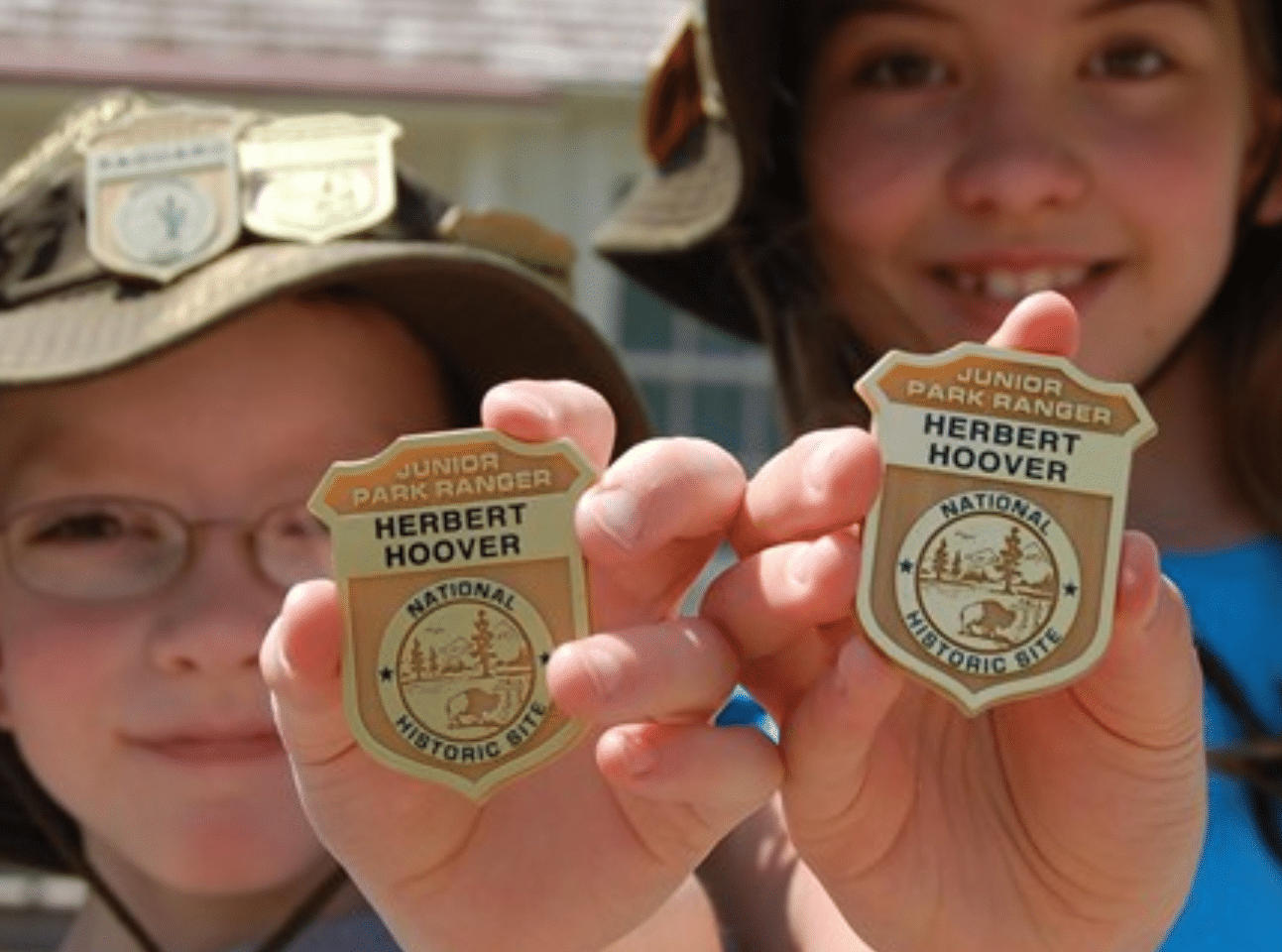The Junior Ranger Programs in National Parks Explained
Embarking on a journey to our nation’s cherished national parks is an opportunity for both education and adventure. Amidst the towering trees, majestic mountains, and serene landscapes, a special program awaits young explorers: the Junior Ranger program. Designed to engage, educate, and inspire children and their families, the Junior Ranger program is a gateway to fostering a lifelong love for nature, conservation, and the great outdoors. In this comprehensive guide, we delve into the history, purpose, participation, and locations of the Junior Ranger programs in national parks across the United States.
What is the Junior Ranger Program?
The Junior Ranger program is a multifaceted initiative that encourages children to actively engage with the parks they visit. Participants embark on a journey of discovery, completing a series of educational and recreational activities that introduce them to the unique features of each national park. By completing age-appropriate activities, children earn a Junior Ranger badge, certificate, or patch as a symbol of their commitment to the principles of conservation and exploration.
History and Purpose of the Junior Ranger Program
The Junior Ranger program originated in the 1960s as a way to involve young visitors in the National Park Service’s mission of preserving and protecting the nation’s natural and cultural heritage. This interactive and educational initiative aims to connect children with the natural world, instilling in them a sense of stewardship and responsibility for the environment. The program encourages young participants to explore, learn, and take action, creating a generation of future conservationists and park enthusiasts.
Age Eligibility for the Junior Ranger Program
The Junior Ranger program is thoughtfully designed to accommodate a range of ages, ensuring that children of different developmental stages can participate and engage in activities suited to their abilities. While the specific age ranges may vary slightly from park to park, the program generally caters to children between the ages of 5 and 13. Many parks offer different levels of activity booklets based on age groups, allowing children to explore at their own pace and according to their understanding.
For instance, younger participants might complete coloring activities, easy hikes, and simple wildlife observations, while older children may engage in more in-depth explorations, scientific observations, and historical research. This tiered approach allows families with multiple age groups to embark on the Junior Ranger journey together, creating shared memories and learning experiences.
How to Participate in the Junior Ranger Program
Participating in the Junior Ranger program is a straightforward and rewarding process:
- Obtain a Junior Ranger Booklet: Upon arrival at a national park that offers the Junior Ranger program, inquire about obtaining a Junior Ranger booklet. These booklets are typically available at visitor centers and include a variety of age-specific activities.
- Complete Activities: Engage in a range of activities, such as guided walks, educational programs, scavenger hunts, and wildlife observation. Activities may vary depending on the park’s unique features and resources.
- Attend Ranger Talks: National park rangers often conduct informative talks and presentations on topics such as wildlife, geology, and history. Attending these talks contributes to a well-rounded understanding of the park’s significance.
- Submit Completed Activities: After completing a set number of activities, return the completed booklet to a park ranger. Rangers will review the completed tasks and discuss the child’s experiences and newfound knowledge.
- Take the Junior Ranger Pledge: As a culmination of their efforts, children are invited to take the Junior Ranger pledge. This pledge signifies their commitment to protecting and preserving national parks and the natural world.
- Receive a Junior Ranger Badge or Patch: Upon completing the program’s requirements, participants are awarded a Junior Ranger badge, patch, or certificate as a tangible reminder of their achievement and dedication to conservation.
Locations of the Junior Ranger Program
The Junior Ranger program is available at a vast majority of national parks, monuments, historic sites, and recreational areas across the United States. From the rugged terrains of Yellowstone National Park to the coastal beauty of Acadia National Park, young explorers have the opportunity to become Junior Rangers in a wide range of breathtaking settings. Each national park tailors its Junior Ranger program to reflect its unique ecological, geological, and cultural attributes.
Costs of the Junior Ranger Program
The Junior Ranger program is designed to be accessible to all visitors, and the good news is that participation is typically free of charge. Most national parks offer the program as part of their commitment to environmental education and fostering a love for nature among younger generations. Families and individuals who are already paying entrance fees to access the park can often participate in the Junior Ranger program at no additional cost.
However, it’s essential to note that while the program itself is usually free, there may be associated costs such as park entrance fees or fees for specific activities or materials. Some parks might offer optional Junior Ranger kits or activity booklets for a small fee, which often includes a badge or patch upon completion. These kits can serve as mementos of the experience and contribute to the park’s educational initiatives.
The Junior Ranger program is more than a simple badge or patch—it’s a transformative experience that nurtures a deep appreciation for the natural world. By encouraging children to actively engage with their surroundings, the program ignites curiosity, fosters a sense of wonder, and lays the foundation for a lifelong connection to nature. Through exploration, education, and hands-on activities, young participants become ambassadors for conservation, carrying forward the legacy of preserving our national treasures for generations to come. So, whether you’re planning a family adventure or embarking on a solo journey, be sure to explore the Junior Ranger program and open the door to a world of discovery and inspiration in our nation’s incredible national parks.


